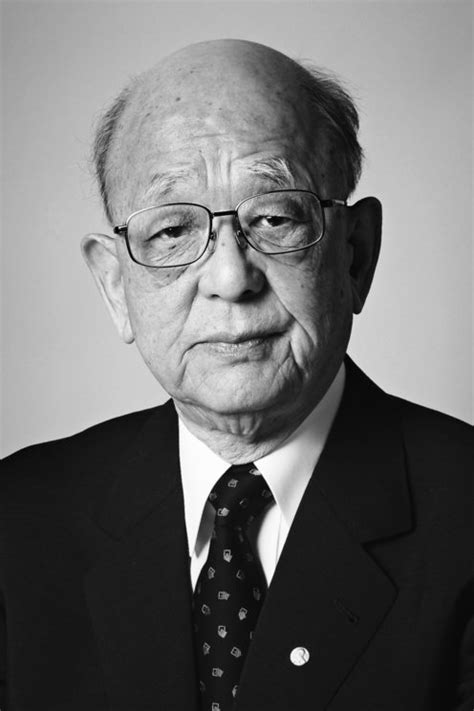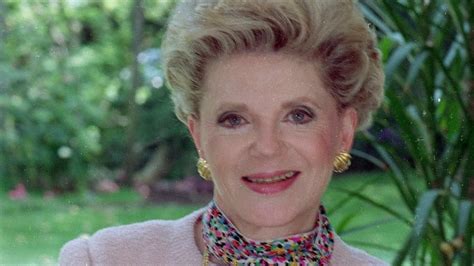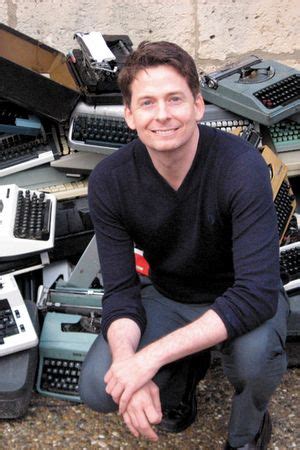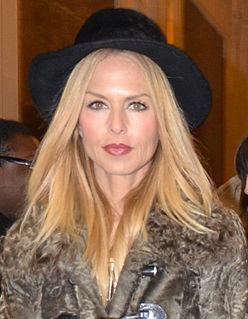A Quote by Lynne Truss
After university, I got a job sub-editing and for years I was a literary editor.
Related Quotes
I'd like to drill in a little more detail into one aspect of cutting which is particularly close to me and that's dialogue editing. It is a vital part of editing especially in animated film, but in the end it is usually completely transparent to the audience. The vocal performances are reported for over several years and the actors are very rarely in recording studios together. That's why the editor has got to all these different performances and edit them together to create the illusion of spontaneity and real action.
Including my nine years as a student, the majority of my life has been at Hokkaido University. After my retirement from the university in 1994, I served at two private universities in Okayama Prefecture - Okayama University of Science and Kurashiki University of Science and the Arts - before retiring from university work in 2002.
With the camera, it's all or nothing. You either get what you're after at once, or what you do has to be worthless. I don't think the essence of photography has the hand in it so much. The essence is done very quietly with a flash of the mind, and with a machine. I think too that photography is editing, editing after the taking. After knowing what to take, you have to do the editing.
In the very beginning, women were editors because they were the people in the lab rolling the film before there was editing. Then when people like D. W. Griffith began editing, they needed the women from the lab to come and splice the film together. Cecil B. DeMille's editor was a woman. Then, when it became a more lucrative job, men moved into it.






































